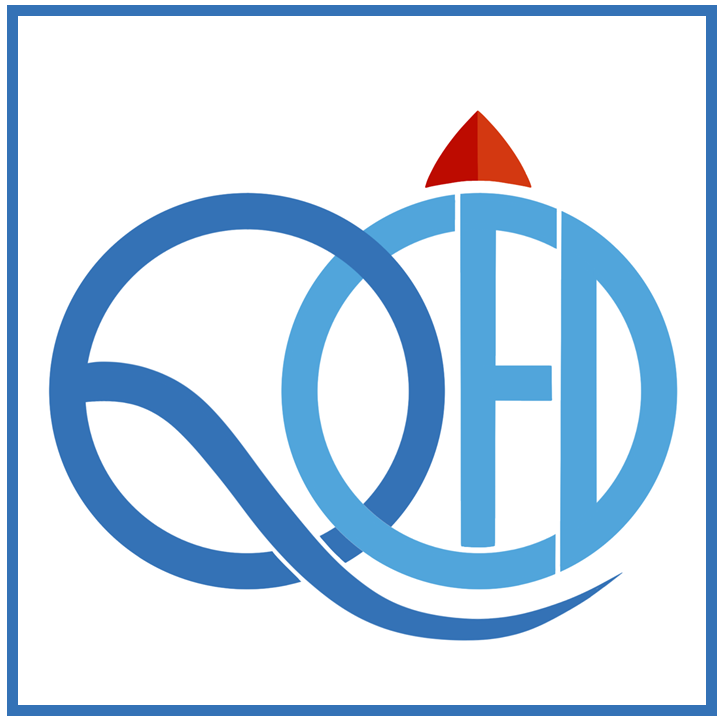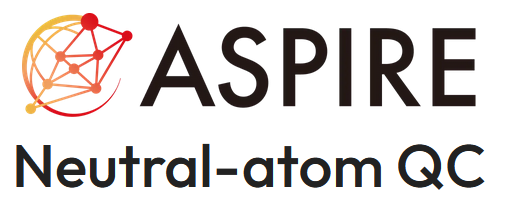CUI

Our subproject focuses on the manipulation and microscopic description of magnetic and superconducting properties. We investigate the consequences of disorder on magnetism and superconductivity in equilibrium. In addition, we develop techniques to describe out-of-equilibrium phenomena in itinerant electron systems. Our research aims to enhance the understanding of quantum matter through advanced theoretical approaches, contributing to the broader goals of the CUI: Advanced Imaging of Matter project.
For a detailed description, please visit Project Webpage. |
EFRE

In this project, we use dissipation as a steering tool to engineer the long-time behavior of the many-body open quantum systems. We show that in a spin-ladder setup, the careful tuning of the interplay between a transversal field and dissipation influencing the ladder results in the formation of the synchronization. We expect that modern tools in ultracold atoms can be used to experimentally realize a wide range of non-Hermitian quantum dynamics similar to our studies making the exciting field of non-Hermitian quantum physics experimentally accessible.
For a detailed description, please visit Project Webpage.
|
EQuAL
The Institute for Quantum Physics (IQP) at the University of Hamburg and Lufthansa Industry Solutions are collaborating to develop quantum algorithms aimed at optimizing airport gate assignments. This cooperation addresses the complex Gate Assignment Problem, which grows exponentially in difficulty as the number of gates and flights increases. While current classical computers struggle with such problems, the project aims to leverage quantum computing for more efficient real-time solutions. Supported by Hamburg's funding initiatives, this project seeks to strengthen Hamburg's position as a hub for quantum computing advancements.
A detailed description of the project can be found here.
|
QCFD

The QCFD project develops a comprehensive quantum software framework for solving computational fluid dynamics problems on quantum computers. Our group contributes mainly to work on platform independent quantum algorithms for computational fluid dynamics and high-level tensor network simulations aiming to identify potential quantum advantages. D. Jaksch is the coordinating PI of this Horizon 2020 project.
A detailed description of the project can be found QCFD – Quantum Computing for Fluid Dynamics (qcfd-h2020.eu).
|
Neutral-atom QC

Our project focuses on the development of neutral-atom quantum computing within a Japan–Germany consortium. We aim to advance scalable platforms, strengthen collaboration between theory and experiment, and support young researchers through active international exchange.
For further details, please visit the Project Webpage.
|
BeRyQC

Our subproject develops benchmarks for Rydberg quantum computers, linking their unique features to real-world optimization challenges while evaluating current and next-generation processors and advancing standardization through close collaboration with academic and industrial partners. For more details, please visit the BMBF project page.
|





